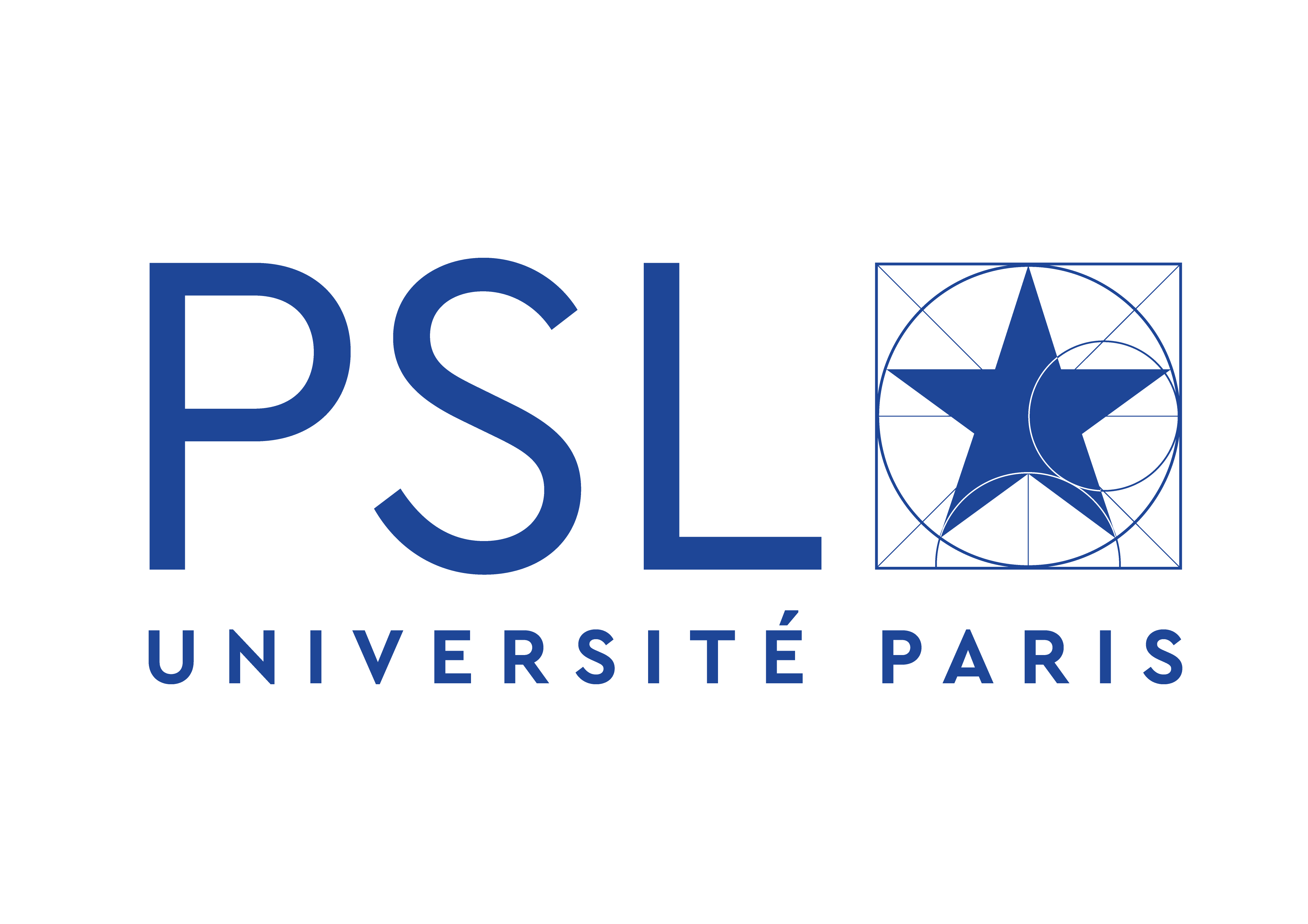Frontiers in Microbial Systems
Master in Life Science, ENS
UNBIO1-077 | Frontiers in Microbial Systems
Level | Semester : M2 | S1
Where : Biology department, ENS, room 305
Duration : 1 week
Dates : November 10-14, 2025 — There will be a class on Thursday 13 afternoon.
Maximum class size : 25 students
Coordination
Olivier Espéli, CIRB group Chromosome Dynamics, Collège de France
Alice Lebreton, IBENS group BIRD, ENS-PSL
Credits
3 ECTS
Keywords
Microorganisms | Bacteria | Microbial communities | Microbiota | Evolution | Microbial ecosystems | Cross-kingdom interactions | Infection | Host-pathogen interactions | Virulence | Metagenomics | Immunity | One health | Interdependance
Course prerequisites
Knowledge in molecular and cellular biology (gene regulation, organization of prokaryotic and eukaryotic cells, signaling, etc…) and principles of evolution. Students are expected to master classical concepts in bacterial genetics to be able to follow the lectures.
Course objectives and description
Aims
Introduction to microbial systems and their diversity. The development of diverse and recent approaches (genome-wide studies, single cell analysis, biophysics, modelling) has revealed key aspects of microbial biology and ecology, which will be illustrated throughout this course.
Themes
- Bacterial physiology in the environment
This theme will introduce mechanisms controlling bacterial cell structure and cycle, bacterial adaptation, motion, stress responses and differentiation in response to environmental cues. The lectures will highlight what can be brought by single cell imaging, molecular biology and modelling approaches to the study of molecular machines and regulatory networks. - Evolution and ecology of microorganisms
This theme will explore how bacteria adapt and co-evolve as part of ecosystems, and how they contribute to the shaping of their niche, either locally or at a global scale. The diversity and functional complexity of microbial communities known as microbiota will be highlighted, as well as their structure, dynamics, and consequences on host physiology or environmental ecosystems.
Relationship between the animal or plant microbiota and health will be drawn, and extended to the notion of “One heath”. Lectures will also emphasize how the thorough and functional analysis of microbial -omics (genomics, but also metagenomics, transcriptomics, proteomics, etc.) contribute to a better understanding of bacterial diversity and inter-species interactions. - Host-pathogen interactions and infectious diseases
This theme will illustrate how pathogenic bacteria interact with their host during infection, thus leading to a perturbation of cell or tissue functions and causing disease. Processes involved in bacterial adherence, injection of effectors, invasion of host cells, intracellular trafficking and spread of bacteria will be covered. Mechanisms of pathogen adaptation to their hosts and avoidance of host defenses will be discussed. The most recent approaches allowing high-resolution imaging and dynamic understanding of the progression from infectious agents to disease will be highlighted.
Organization
Three conferences per day are scheduled. Lectures are given in English. Slides in pdf format of each lecture are provided on Moodle.
Assessment
Exam during the IMaLiS M2 exam week (December 8-12, to be confirmed). For instance : essay elaborating on the course contents and examples taken from conferences, questions related to research articles in line with the topics covered during the week, or specific analytical questions on research data.
The students’ active participation during the week will also be taken into account.






